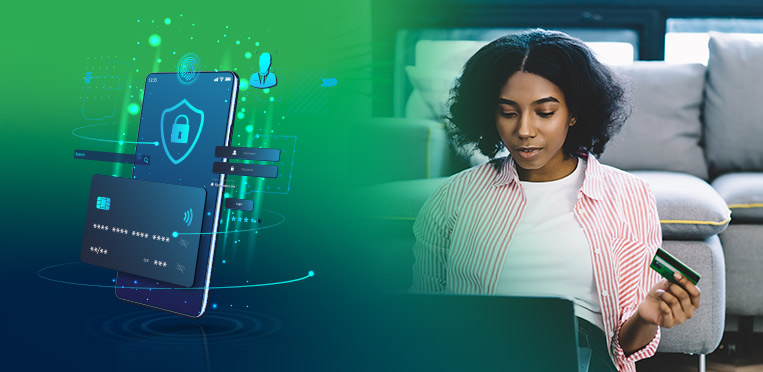 |
Author: Emily Martins Cybersecurity Consultant |
October marks #CyberSecMonth (European Cybersecurity Month), the annual campaign dedicated to promoting cybersecurity among individuals and organisations, providing up-to-date digital security information through awareness-raising - the motto this year is “Think Before U Click” with "Cyber First Aid" being one of the main themes of the campaign.
Emily Martins, a Cybersecurity Consultant at JT shares useful payment tips and advice on what to do if you've been hacked. Read on below...
What do you do if you’ve been hacked?
It’s all too easy to think ‘it’ll never happen to me’ when it comes to cyber-attacks, but the reality is, no one is safe. In fact, I was targeted myself not so very long ago. I had entered my bank card details into a website that I had never used before, but one that I trusted, and within an hour criminals were already attempting to use my bank card in multiple countries across the globe. Luckily my bank quickly recognised the transactions as being fraudulent and blocked it before any damage was done, but it did take me by surprise and really made me wonder, if my bank hadn’t blocked my card and I hadn’t checked on my banking app, just how much damage could they have done?
Security is so much more than remembering not to tell anyone your password or not to click on an obviously dodgy website. Websites we trust can sometimes be compromised, many scams can appear legitimate and lure us, and sometimes we just get complacent with the mindset of ‘I’m safe, why would they target little old me’.
In my case there wasn’t much else that I could do in the moment, I blocked my card and re-ordered a new one, leaving me without my standard method of payment for 5 days. Luckily, I have several accounts and only use one for online payments, transferring money into it as and when needed so I wasn’t left without a way of paying, but for others who just have one account and one card it could have had a much more negative impact.
So, just how do you prevent something like this from happening?
![]() Make sure you’re not putting all of your eggs in one basket. I like to keep a small amount in one account for weekly expenditures and the rest of my money saved in other accounts. That way, if my card gets stolen or compromised only a small amount is at risk.
Make sure you’re not putting all of your eggs in one basket. I like to keep a small amount in one account for weekly expenditures and the rest of my money saved in other accounts. That way, if my card gets stolen or compromised only a small amount is at risk.
![]() Check if your bank provides single-use cards. Some online banks, such as Revolut will provide single-use credit or debit cards, specifically for online purchases, that way even if your details are stolen the card is voided and no money can be taken. Of course, this doesn’t protect you against physical card theft or skimmers (a card reader that can be disguised to look like part of an ATM) but it goes a long way towards protecting you online.
Check if your bank provides single-use cards. Some online banks, such as Revolut will provide single-use credit or debit cards, specifically for online purchases, that way even if your details are stolen the card is voided and no money can be taken. Of course, this doesn’t protect you against physical card theft or skimmers (a card reader that can be disguised to look like part of an ATM) but it goes a long way towards protecting you online.
![]() Keep an eye on your transactions. My last tip is to make sure you’re checking your bank account on a regular basis for suspicious activity. Most major banks will have an app that you can download to your mobile, so checking your bank at the end of the day is simple. If you notice any pending transactions that you don’t recognise you should immediately call your bank’s fraud department who can take steps to contain and minimise your exposure.
Keep an eye on your transactions. My last tip is to make sure you’re checking your bank account on a regular basis for suspicious activity. Most major banks will have an app that you can download to your mobile, so checking your bank at the end of the day is simple. If you notice any pending transactions that you don’t recognise you should immediately call your bank’s fraud department who can take steps to contain and minimise your exposure.
You can find more #CyberSecMonth resources below:
https://cybersecuritymonth.eu/
